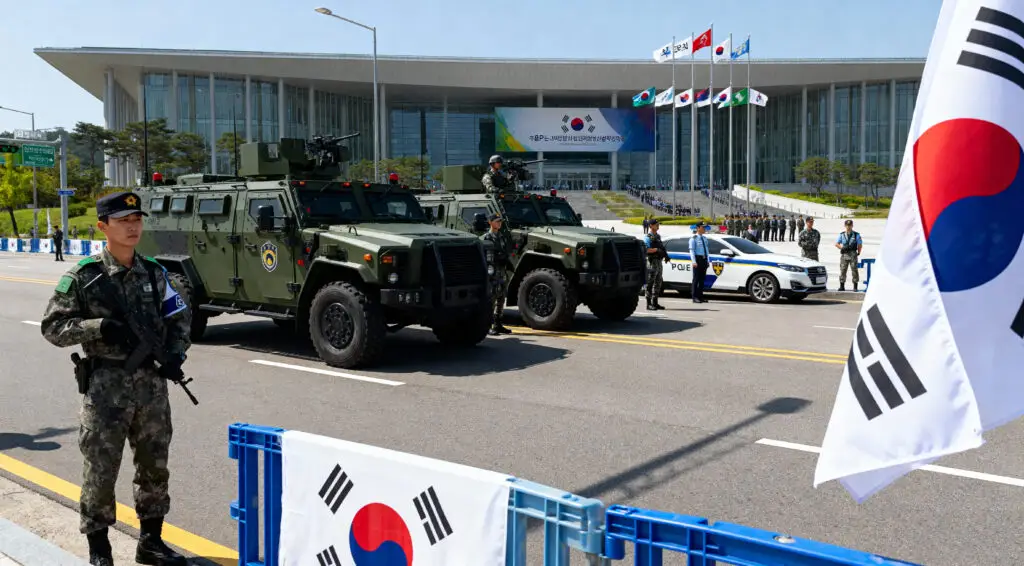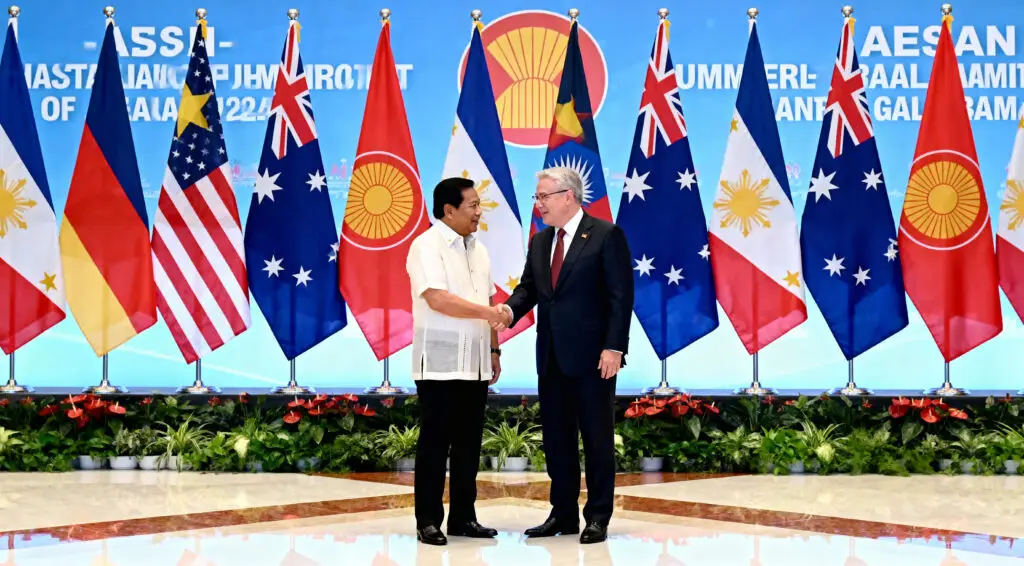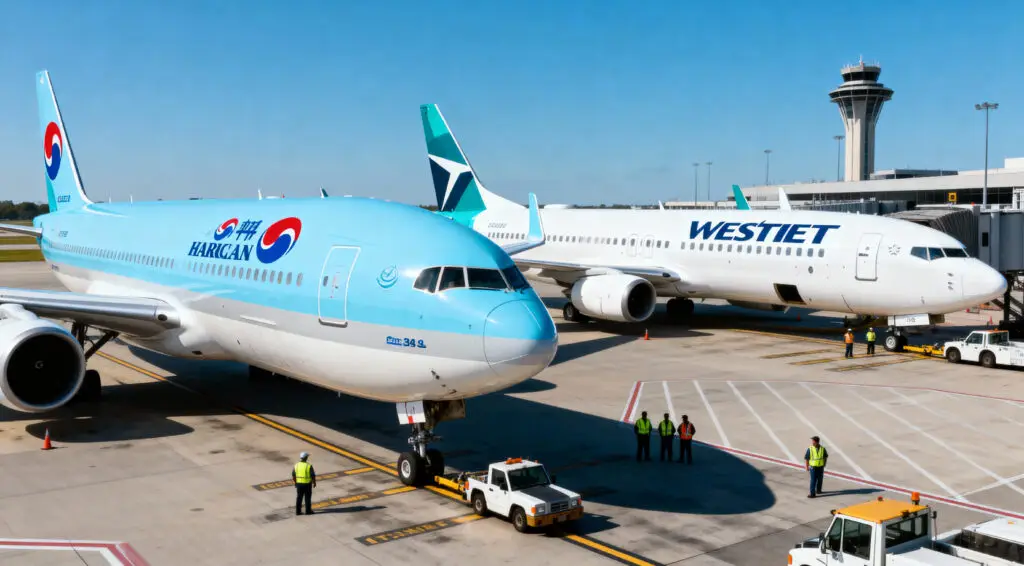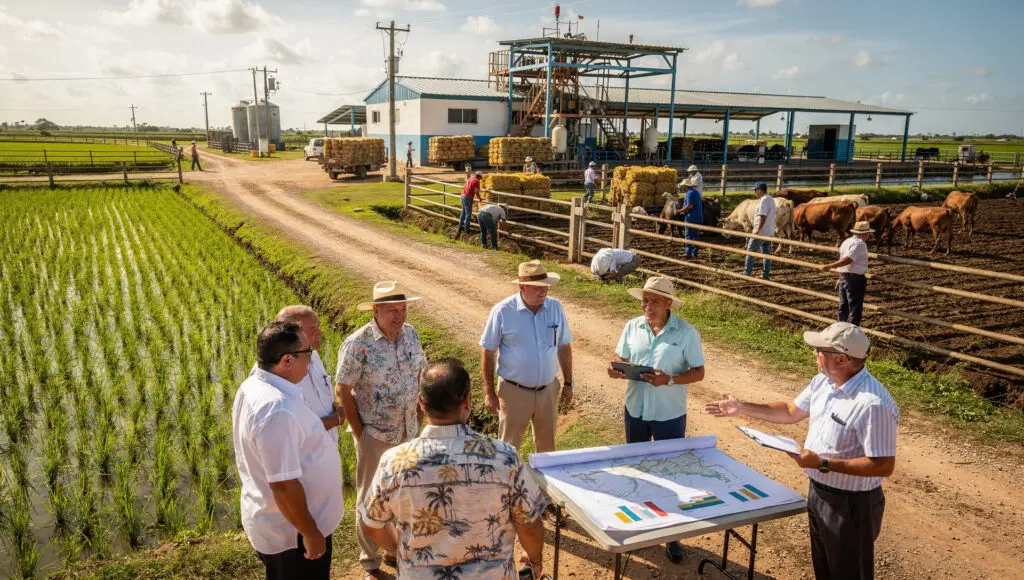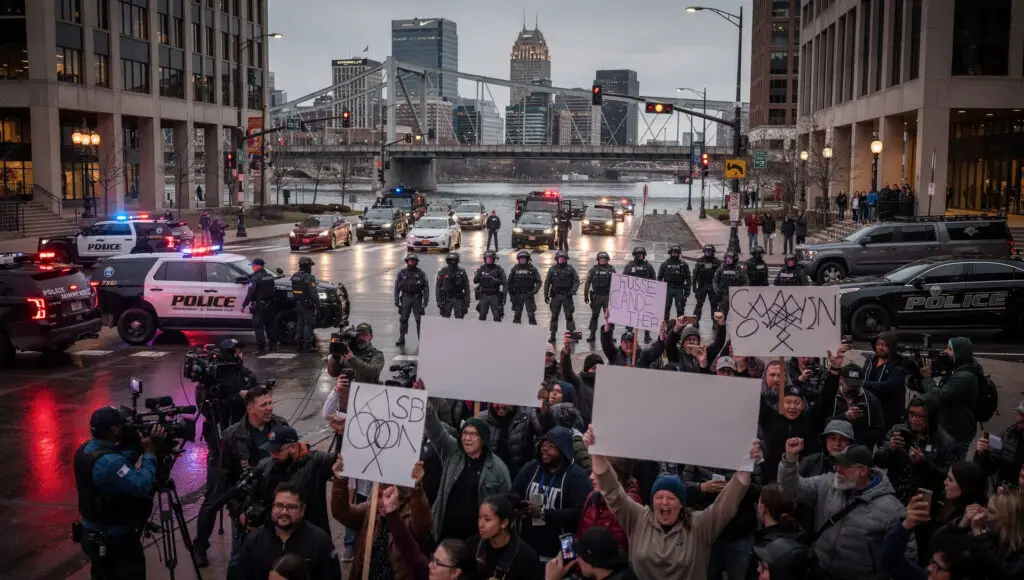South Korea Mobilizes Forces for High-Level APEC Security
South Korea has announced the deployment of 3,900 troops to secure the Asia-Pacific Economic Cooperation (APEC) conference in Gyeongju this week. The large-scale operation highlights the nation’s commitment to maintaining stability as world leaders gather to discuss economic collaboration and regional cooperation.
According to the South Korean military, security forces will be stationed at strategic points such as airports, ports, and coastal areas to ensure safety. Reports from Yonhap News Agency confirm that troops will coordinate operations across land, air, and sea—making it one of the largest domestic security mobilizations in recent years.

Source: DTI
Gyeongju Hosts Crucial Asia-Pacific Economic Summit
The APEC Economic Leaders’ Meeting will take place in Gyeongju, a city renowned for its rich cultural heritage. Heads of state and senior delegates from across the region will participate in discussions centered on trade, economic development, and geopolitical stability.
Before the main sessions on Friday and Saturday, a series of preparatory and ministerial meetings will address key priorities such as global economic recovery, supply chain resilience, and sustainable innovation.
Leaders from Major Economies to Attend the Summit
The summit will feature several world leaders, including U.S. President Donald Trump and Chinese President Xi Jinping, who are expected to hold bilateral discussions. Their meeting could prove pivotal as both nations seek to improve commercial and political ties in the Asia-Pacific region.
Japanese Prime Minister Sanae Takaichi will also attend her first APEC summit since assuming office. She is expected to focus on regional diplomacy, clean energy policy, and technology cooperation—demonstrating Japan’s continued commitment to multilateral dialogue.
Recommended Article: SM Prime Plans Three New Malls for 2026 Despite Slowdown
Military Forces Positioned Across Key Transport Hubs
South Korean forces have been deployed to Gimhae International Airport and major transportation hubs in Busan, where many delegations are expected to arrive. The coordinated effort involves air defense units, naval patrols, and ground troops to ensure smooth logistics and rapid response to any potential threat.
Military officials emphasized close coordination between the Defense Ministry, National Police, and intelligence agencies to maintain a high level of preparedness. These measures reflect South Korea’s determination to uphold order and ensure the safety of foreign dignitaries during the event.
Advanced Surveillance and Air Defense on Alert
As part of the operation, South Korea has enhanced aerial and maritime surveillance to secure the restricted zones surrounding Gyeongju. The Air Force is maintaining real-time radar coverage, while naval vessels patrol the southeastern coast around the clock.
Ground forces have been equipped with advanced communication systems to facilitate rapid coordination among military branches. Security preparations also include anti-drone detection systems, cyber defense protocols, and comprehensive emergency readiness plans.
APEC Summit to Address Regional Economic Recovery
This year’s APEC conference takes place amid global inflation, evolving trade routes, and the rapid rise of new technologies. The agenda will focus on strengthening regional cooperation, digital transformation, green growth, and equitable market access.
Observers note that the simultaneous attendance of Trump and Xi may reignite global attention on U.S.–China economic tensions, with potential implications for trade policies and diplomatic strategies worldwide.
South Korea Reinforces Its Global Diplomatic Role
By hosting the APEC summit, South Korea reinforces its role as a key facilitator of international cooperation in the Asia-Pacific. The event serves as both a diplomatic milestone and a security test for the host nation.
The deployment of 3,900 troops not only safeguards visiting leaders but also symbolizes Seoul’s commitment to peace and stability amid global uncertainty. A successful operation will underscore South Korea’s ability to balance world-class diplomacy with robust national security.






